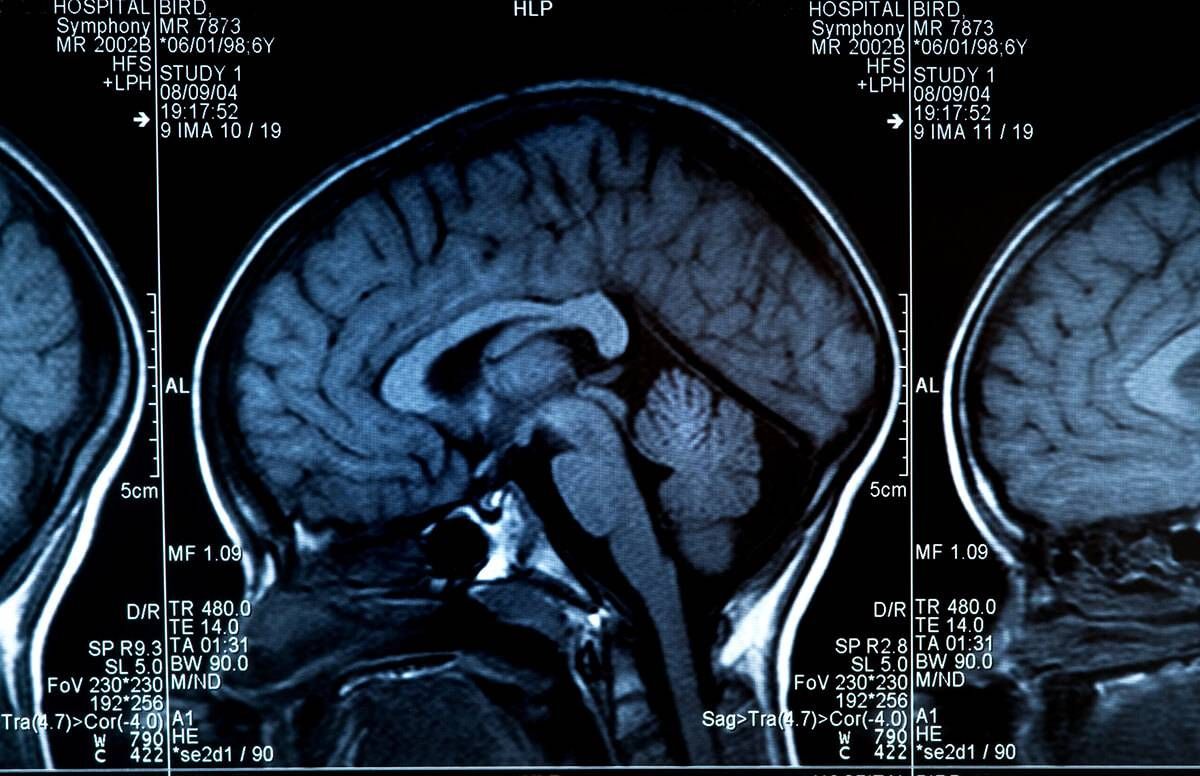Why Dementia Rates in U.S. Are Dropping
Findings from a new Journal of the American Medical Association study
News about Alzheimer’s and dementia is so often negative that when when we hear about an encouraging trend, it’s almost shocking. But that’s just what came out recently in a Journal of the American Medical Association (JAMA) study on dementia rates.

The study looked at more than 10,500 adults in the United States aged 65 and older in 2000 and 2012. The subjects were participants in the Health and Retirement Study, a longitudinal project sponsored by the National Institute on Aging and the Social Security Administration.
Notable Decline
Over the 12-year span, dementia rates fell "significantly," from 11.6 percent to 8.8 percent, the study says. That's a decrease of nearly a quarter.
And it has important consequences, STAT News points out in an article on the study.
If the rate of dementia in 2012 had been what it was in 2000, “there would be well more than 1 million additional people with dementia,” said John Haaga, director of the National Institute on Aging’s behavioral and social research, told STAT News. Haaga was not involved in the study.
Currently, at least 5 million Americans suffer from Alzheimer’s or other dementia.
Theories for the Decrease
The researchers pointed to higher educational attainment as one possible factor in the decline.
“More years of formal education is associated with a reduced risk of dementia, likely through multiple causal pathways, including a direct effect on brain development and function (i.e., the building of “cognitive reserve”), health behaviors, as well as the general health advantages of having more wealth and opportunities,” the study says.
The participants were more likely to have a high school or college degree in 2012. Specifically, the proportion of those with less than a high school diploma decreased from approximately 33 percent to 21 percent from 2000 to 2012. And the proportion of those with a college degree or higher rose from about 17 percent to 24 percent.
Researchers believe that better control of risk factors for heart disease, high blood pressure and high cholesterol may be another part of the answer, because of a possible "spill-over effect" on vascular-related dementia. But the full picture of why the rate is declining is not yet known.
Still a Growing Threat
Unfortunately, the JAMA study doesn’t mean there will be fewer numbers of older people with dementia in the future; the number is expected to as much as triple by 2050 in the U.S. and the world because of the growth in the older population, the study says.


